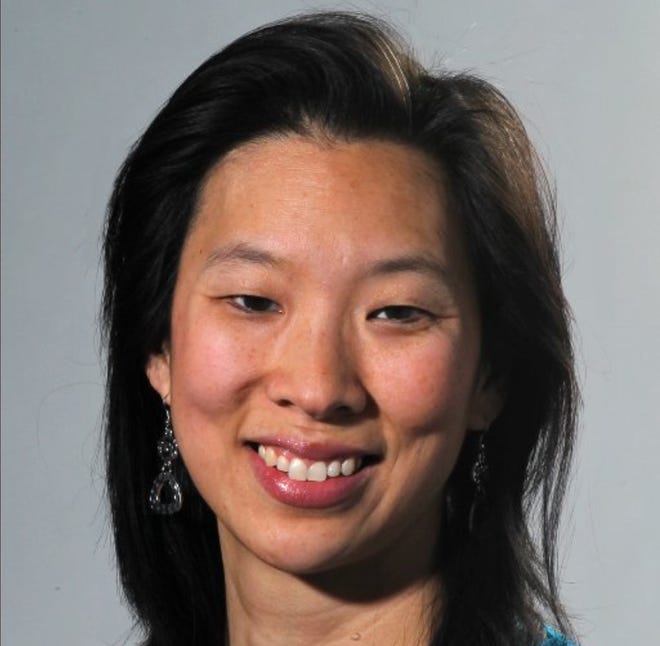“This so-called ‘widow’s penalty’ is completely unfair,” said the commissioner in a press release at the time. “Becoming a single driver because of the death of your spouse is not the same as being a young, inexperienced single driver. I will not approve any auto insurance rate filings that cannot provide actuarially sound data for including widows and widowers in a higher single rate category.
“Automobile insurance companies are permitted to charge inexperienced drivers, such as teenagers, a high premium because some actuarial studies show that young single drivers file more claims than young married drivers . However, the Delaware Insurance Department is not aware of any such data showing that older single drivers exhibit the same behavior when compared to older married drivers,” the commissioner said.
The commissioner also went on to say her department recognized that marital status was not the only reason premiums can change following the loss of a spouse. Companies may offer multipolicy discounts for other products, or the married couple could have been considered together when determining the premium.
“When one spouse dies, the premium will change to reflect the risk of the remaining driver. If that driver has a better driving record than his or her spouse, the premium may go down. However, the reverse is also true,” it said.
The ban later became a Delaware state law when current Delaware Insurance Commissioner Trinidad Navarro worked with lawmakers, a spokeswoman with Navarro’s office told me in an email.
I checked with several state and national industry sources , and it is unclear if any other states ban the practice like Delaware. Most sources had not heard of the ban.
In Ohio, there is no such ban, according to the Ohio Department of Insurance.
Spokesman Robert Denhard said each situation is different and encouraged consumers who have questions about their policies or any issues to contact the state agency.
“Each insurance situation is unique with different factors involved, especially in this situation where a policy is being re-rated, not penalized, based on the different risk exposures of two people to now just the information for one person,” said Denhard.
Consumers can call 800-686-1526 or email consumer.complaint@insurance.ohio.gov with issues.
Shop around with any change in insurance
Several industry sources, including Scott Holeman, media relations director for the New York-based Insurance Information Institute, said they hadn’t heard of the “widow’s penalty,” but recommended spouses shop around after a death to find more competitive rates.
“Because insurance is a highly competitive industry, Triple-I recommends consumers routinely check rates with at least three companies to see if they qualify for savings. In other words, we always recommend shopping around,” Holeman said. “In addition, consumers should keep an annual checklist to talk over any questions they have with their insurance professional annually, as needs change, especially during various life changes.”
Robert Passmore, a department vice president at the American Property Casualty Insurance Association, also recommended calling your insurance company to find out exactly why a rate increase occurred or shopping around when you see a rate increase.
“Insurance ratings are subject to rigorous actuarial standards and state regulation, which ensures that all rating factors accurately reflect the risk of loss,” he said.
But Passmore said auto insurers “have collected data for decades, and over the years they have found that factors such as marital status has proven to be an accurate variable for predicting the likelihood and severity of insurance claims.”
Passmore suggested looking for new products like “usage-based insurance , particularly if you are driving less, additionally, take steps to avoid crashes such as driving while distracted.”
Kline ended up staying with the same insurance company , but his agent found another program to lower his premium slightly. Kline still thinks the practice is unfair, but said he was otherwise satisfied with the company to stay. He wouldn’t have found the cheaper premium if he hadn’t pushed back, though, and encourages other widows and widowers to look for potential savings.
Kline still says the “widow’s penalty” or changes when one person is taken off a policy make no sense.
“What difference is a death versus a divorce? This is a thing that affects a lot of people.”
Beacon Journal staff reporter Betty Lin-Fisher can be reached at 330-996-3724 or blinfisher@thebeaconjournal.com. Follow her @blinfisherABJ on Twitter or www.facebook.com/BettyLinFisherABJ. To see her most recent stories and columns, go to www.tinyurl.com/bettylinfisher




